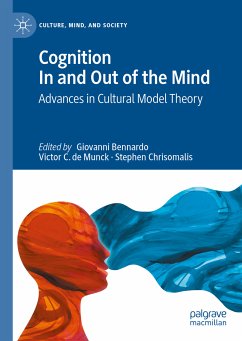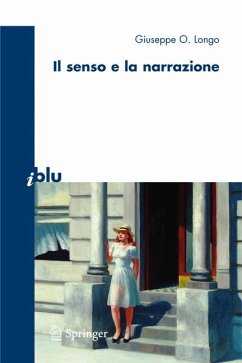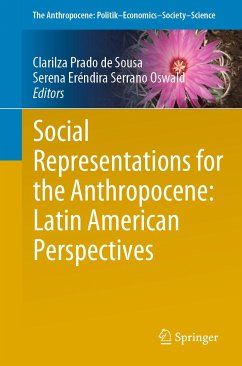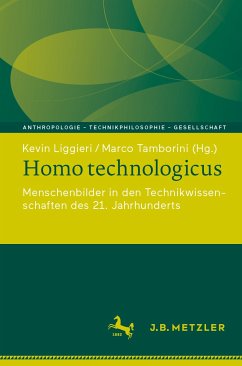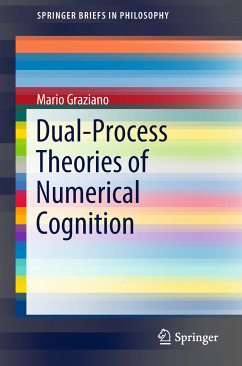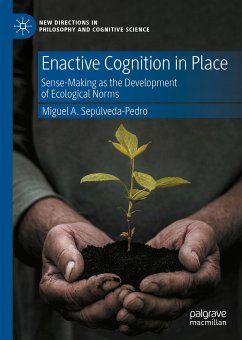
Situatedness and Place (eBook, PDF)
Multidisciplinary Perspectives on the Spatio-temporal Contingency of Human Life
Redaktion: Hünefeldt, Thomas; Schlitte, Annika
Versandkostenfrei!
Sofort per Download lieferbar
72,95 €
inkl. MwSt.
Weitere Ausgaben:

PAYBACK Punkte
36 °P sammeln!
Is the only book that addresses this much debated issue from different perspectives, including phenomenology, hermeneutics, and the cognitive sciences
Promotes critical reflection and stimulates interdisciplinary discussion and exchange
Advances understanding of the situatedness and implacement of experience and action
Dieser Download kann aus rechtlichen Gründen nur mit Rechnungsadresse in A, B, BG, CY, CZ, D, DK, EW, E, FIN, F, GR, HR, H, IRL, I, LT, L, LR, M, NL, PL, P, R, S, SLO, SK ausgeliefert werden.
Alle Preise in Euro und inkl. der gesetzl. MwSt. | Innerhalb Deutschlands liefern wir preisgebundene Bücher versandkostenfrei. Weitere Informationen: bitte hier klicken
Support
Bitte wähle dein Anliegen aus:
Rechnungen
Bestellstatus
Retourenschein
Storno



